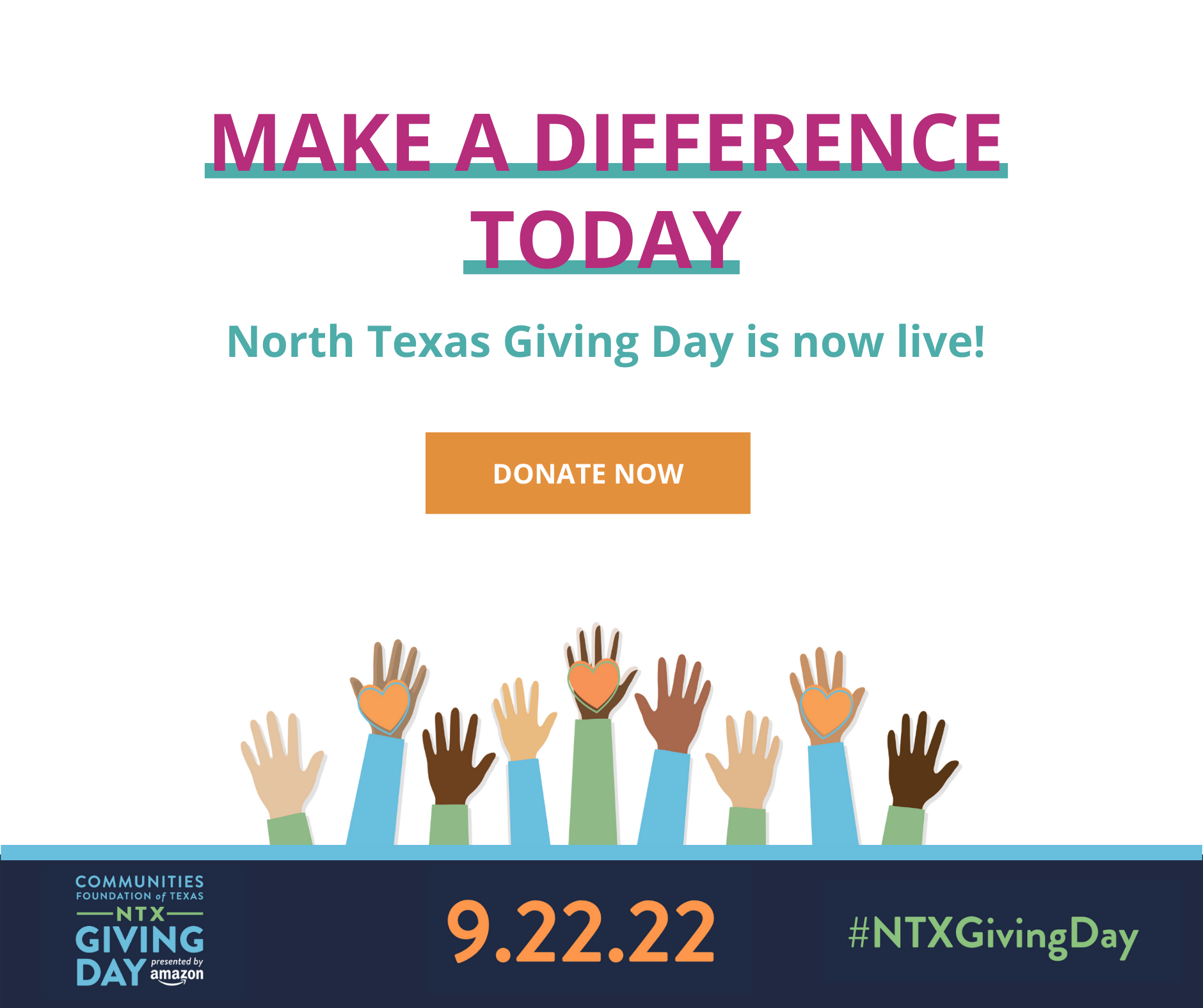While we can likely all agree that 2020 has been a year that has somehow simultaneously flown by and dragged on, one thing is certain: the 87th Legislative Session is right around the corner and will be here before we know it. This session brings with it lots of unknowns about how it will be conducted, and state departments have been preparing for a tight budget to carry out their operations. The Department of Family and Protective Services (DFPS) recently released their Legislative Appropriations Request (LAR) for Fiscal Years 2022-2023 which has given us some insight into their priorities for the children and families they serve.
Looking Back
Last session, DFPS started out with a $4.2 billion baseline request and was able to secure more funding in several key areas. With this additional funding, the Prevention and Early Intervention (PEI) division expanded Project HOPES (Healthy Outcomes though Prevention and Early Support) and Texas Nurse-Family Partnership (TNFP) into four new counties each. DFPS also provided a $6,000 salary increase to Statewide Intake (SWI) staff, which has resulted in decreased turnover and hold times. Increased funding was allocated to increase staffing for the Child Protective Investigations (CPI) and Child Protective Services (CPS) workforce which, according to DFPS, has decreased caseload sizes. Additionally, Community-Based Care received funding to expand to a total of five catchment areas: three in Stage I and two in Stage II (case management). While DFPS achieved its goal to advance two areas into Stage II (Regions 3B and 2), only two areas currently operate in Stage I (Regions 8A and 1). They are re-procuring the contract in Region 8B to hopefully begin Stage I services in the summer of 2021. Provider rates were also increased to help serve the children in their care.
In light of a global pandemic, state agencies have since had to make adjustments due to the anticipated $4.6 billion shortfall to the entire state budget. State agencies were asked to reduce their expenditures by 5%. While parts of DFPS were exempt from this reduction, DFPS’ total estimated expenditures for Fiscal Years 2020-2021 are estimated to be $4.4 billion.
Looking Ahead
DFPS is entering into the next biennium with a $4.5 billion baseline request, which reflects growth forecasts but is impacted by the previous 5% reductions. According to DFPS, this required making some additional funding asks just to get back to a maintenance level of operations. In a typical legislative budget cycle, one would expect numerous exceptional items above DFPS’ baseline request. However, with the current economic climate in the midst of a pandemic and a costly ongoing federal lawsuit, DFPS’ approach to the budget is narrow in scope and only aimed at initiatives they consider to be most necessary. DFPS’ LAR includes requests for an additional $192 million to carry these out.
Prevention
While approximately $182 million in exceptional items focus on the functions once a family has experienced crisis, it was most promising to see requests for additional investments in keeping families safely together and preventing removals. DFPS specifically included an exceptional item request for an additional $10 million investment in PEI services, specifically Project HOPES, the Family and Youth Success Program (formerly known as STAR), and the Military Families Program. Citing the costs of each program in comparison to the cost of foster care services, DFPS acknowledged these services as a “cost-effective alternative to foster care.” DFPS also included a placeholder to discuss how to leverage the funding opportunities in the Family First Prevention Services Act (FFPSA). Their FFPSA strategic plan provides numerous options to carry out the prevention provisions of this federal legislation, and they want the Legislature to weigh in.
Protection
DFPS has prioritized maintaining its current CPS operations to ensure they are keeping children safe and providing families with the supports they need. This $99 million request includes additional funding to restore the travel costs that decreased during the beginning of the pandemic, ensure they can continue providing services to clients at the current levels, and additional conservatorship (CVS) caseworkers to meet the target caseload sizes.
To comply with the decade-long federal lawsuit, DFPS included an additional request for $39 million. This amount includes additional staff to meet the heightened monitoring requirements to ensure facilities are adhering to minimum standards and additional staff for Residential Child Care Investigations (RCCI) to address the Court’s concerns about the timeliness and quality of their work. These additional funds also will cover the fees for the court monitors to oversee compliance and report back to the Court.
To continue the momentum of expanding Community-Based Care, DFPS has requested an additional $44 million in funding for the costs associated with expanding Stage I into four new areas and Stage II into two new areas.
We look forward to working with DFPS and the Legislature to protect and support investments in child abuse and neglect prevention, to promote family preservation, and to ensure the children and families in their care receive the services they need to be safe and successful. Stay connected with us for updates on budget discussions throughout the session and to find out how you can get involved.



